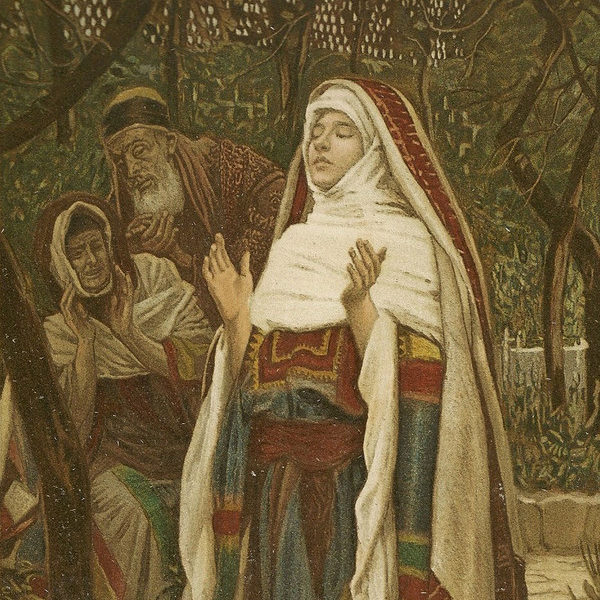
In the face of systemic injustice, it is difficult to hold space for a desire for peace and the knowledge that empires usually outlast the people who protest against them. While it may be tempting to shut down at feelings of powerlessness, the Magnificat gives us another option. We can be like Mary and the generations before her, singing and hoping and praying for change.

In the incarnation of Jesus, all our systems of social stratification—all our means of exploiting, oppressing, and humiliating one another—are revealed to be lies. Mary expresses a ‘Christmas revolution’ in her Magnificat, a vision for a radically different way of living decisively ushered in by God’s becoming one of us in Christ.

In John’s account of the Wedding of Cana, the part played by Mary merits our attention. On account of the honor due to her as a mother, she wields great authority. She provides us with occasion to reflect upon the esteem in which we hold mothers today and the authority that we accord them in our lives and society.

For three weeks now, I have been listening to Mary’s Magnificat sung as a part of the mid-week evening prayer service in my congregation. Last week, I leaned over to my five-year-old and told her, “This is the story of Jesus’ Mommy when she was pregnant with him.” Rereading a paper that I wrote on this text in college, I critiqued an over spiritualization of these words that are “a vivid proclamation of God’s eternal justice and intention to uplift the weak and lowly in a ministry of love…a call to social action on behalf of humanity.” Now, as I sit with the text, I can only say that it is all of this and more…



